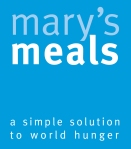
marysmeals
Firstly, apologies for failing to blog yesterday. I was once again drawn into a heinous game of Articulate with the remainder of the Family Gathering who had met up for a farewell drink. In what will be my last post, I want to speak mainly about yesterday’s talks. They were important I felt to the overall message of the week.
Fr Scalabrini arrived late thursday night from Uganda with his lifelong companion Mario. Apparently, during their childhood, Mario’s favourite past time was celebrating pretend masses whilst Scalabrini was rather wild. In a twist of fate, it was the latter that became a priest. He has spent the last 25 years in Northern Uganda trying to help the population’s 2 Million orphans. Often compared to Liberia’s Fr Gary, this man too has his share of stories. He first tells us of his arrest and brief deportation under the brutal tyranny of Idi Amin. Amin targeted the Italian priest because it was claimed that in one of his non-denominational schools, Scalabrini was training an army of rebels to overthrow him. In reality, he was teaching, feeding and caring for hundreds of Ugandan children the government had neglected.

Fr Scalabrini addresses the Family Gathering
60 % of the population of Ugandans are under 17. This is due to war, disease and malnutrition. He remembers one girl called Peace, a girl who had dropped out of one of his schools. ‘I saw this girl carrying this tiny child and I said “Peace, why you not come back for S4? Why you have child already?”‘ He said this to us all with true sadness and frustration. She replied that this was not her child – it was her brother. She was the eldest of seven, forced to become their guardian after her parents died within weeks of each other. She was 17. She said they were starving, kicked out of their flat. He managed to feed them that day. What was truly hard for Fr Scalabrini though was that she had lost her oppurtunity to be educated, lost her future, lost any chance of breaking the cycle of poverty for her and her family. Mary’s Meals feeds 6000 children in primary and secondary children in Uganda through the work of the 76 year old priest. These children have ambitions. They are Uganda’s best hope for the future.
After lamenting his own grey hair amongst Uganda’s 2 million orphaned children, one member of the Mary’s Meals family stood up saying, awestruck, that ‘We thank God that Africa’s orphans have grey-haired priests like you looking after them.’

- Father John Scalabrini pictured with pupils at the Bishop Cipriano Kihangire school in Kampala, Uganda.
Next we had an inspiring talk from Zeljka, daughter of Dr Mario Zivkovic, one of SIR’s most essential supporters in Zagreb during the war. She stood up and explained who she was. She described her first meeting with Magnus and his then fiance Julie. ‘At first i thought they were professional Scottish lorry drivers. Then i thought, “Wow, in Scotland, even women can be lorry drivers.”‘ Dr Mario was invaluable in the early days of the deliveries of aid Magnus and others drove to disputed Yugoslavia. She remembers the aid Magnus managed to deliver through the generosity of the Scottish public that amounted to around £8 Million worth.
‘I was so excited to help the people that once helped me. Now things are better in Croatia. Now it is our turn to help. One day it will be Africa’s turn to help you. I did not want to help a big charity which, in my experience, are less effective. I wanted to help because I trusted Magnus and SIR.’
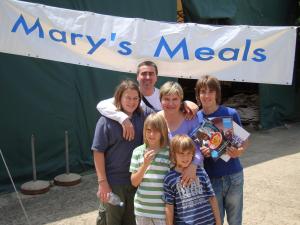
Mary's Meals Croatia
Mary’s Meals Croatia is the newest edition to the family. They are just beginning to set up the necessary fundraising infrastructure. She said
‘My husband, he stands up and says to people Mary’s Meals feeds this many people, in this many countries. I say to people, these are the same people who sent us diapers during the war! People here remember SIR and want to give back.’
Perhaps this more than anything reminded us all not to be complacent about Mary’s Meals. We have a reputation to protect as we get bigger and bigger. We have a duty to always be honest and transparent in order to continue earning the trust of people like Zeljka. The Mary’s Meals Family Gathering 2009 reminded us all of our roots. The spirit of the charity was born on those original trips to Bosnia in an old landrover; those initial tiny acts of generosity from early supporters. This spirit must be protected and enshrined in the hearts of every volunteer, every paid worker and every supporter of Mary’s Meals – just like it is enshrined in the hearts of people like Zeljka, and the hundreds of thousands of people Mary’s Meals feeds daily. Remembering our core values:
we believe in the innate goodness of people all over the world. We believe that through Mary’s Meals we can feed every hungry child in the world in a place of education.
Over the weekend, the Mary’s Meals family who managed to make it to our gathering in Medjugorje, Bosnia, will be returning to their homes across the world: Virginia to the Philippines, Liesbeth to Liberia, Magnus, Ruth and many others to Scotland, Augusto to Italy, Ursula to Germany, Geoff and Anne to Wales, John Pridmore to Ireland, Fr Scalabrini to Uganda, Zeljka to Croatia. Those who managed to attend the conference have all been touched, inspired and reaffirmed in their faith in this wonderful charity. Mary’s Meals’ supporters are growing around the world through the work of everyone involved. Julie MacFarlane-Barrow reminded us as the conference closed that
‘None of us are necessary, but all of us are useful.’
The Family of Mary’s Meals scatter themselves all over the world today and tomorrow, replanting themselves in their country’s soil, renewed, refreshed and feeling useful. For those of you who have been reading this blog, I hope that you too have a sense of your own usefulness and that you too can continue to support Mary’s Meals’ message of hope in your own unique way.
Best
Joe.

Group Photo Mary's Meals 2009, by Djani
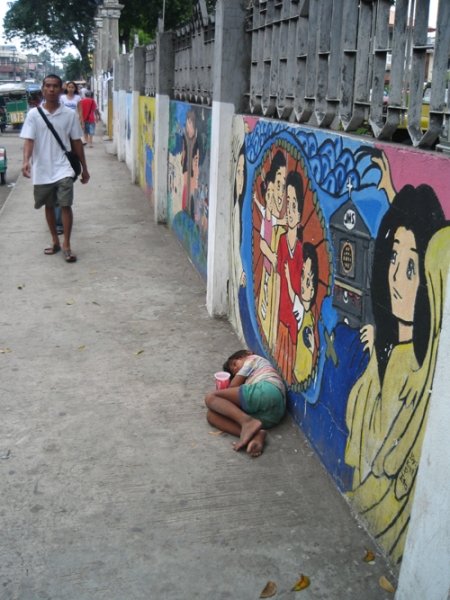

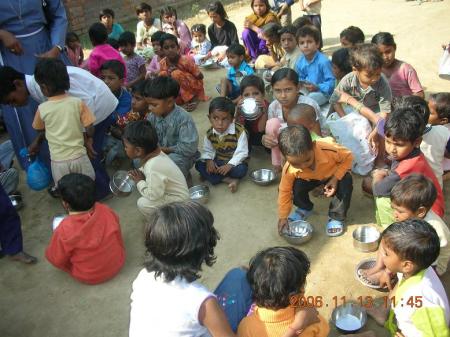

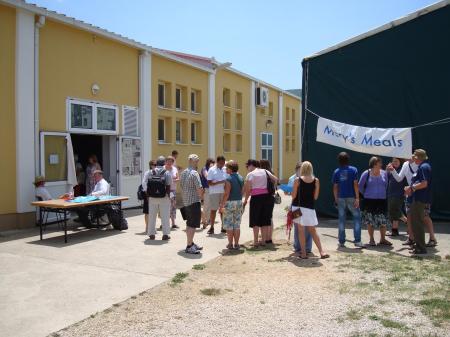





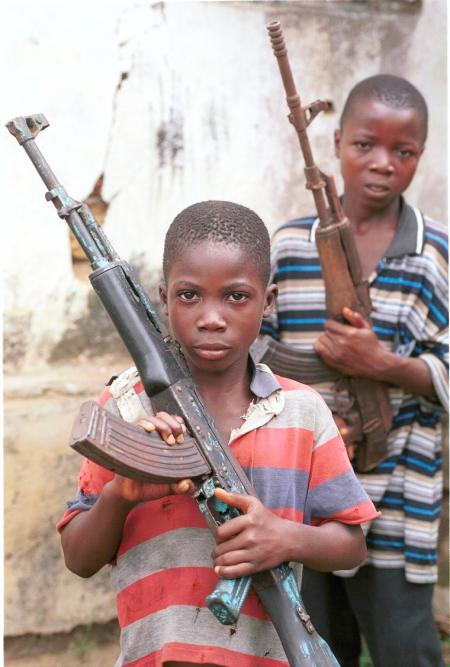



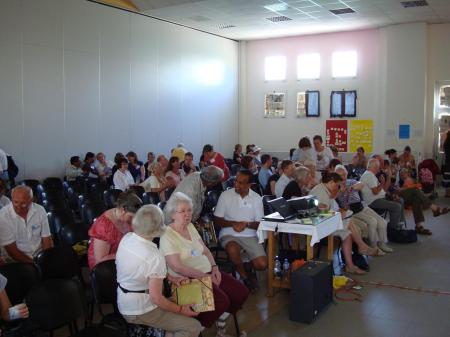 Mary’s Meals Conference 2009
Mary’s Meals Conference 2009
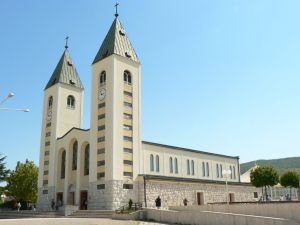 St James Church, Medjugorje
St James Church, Medjugorje